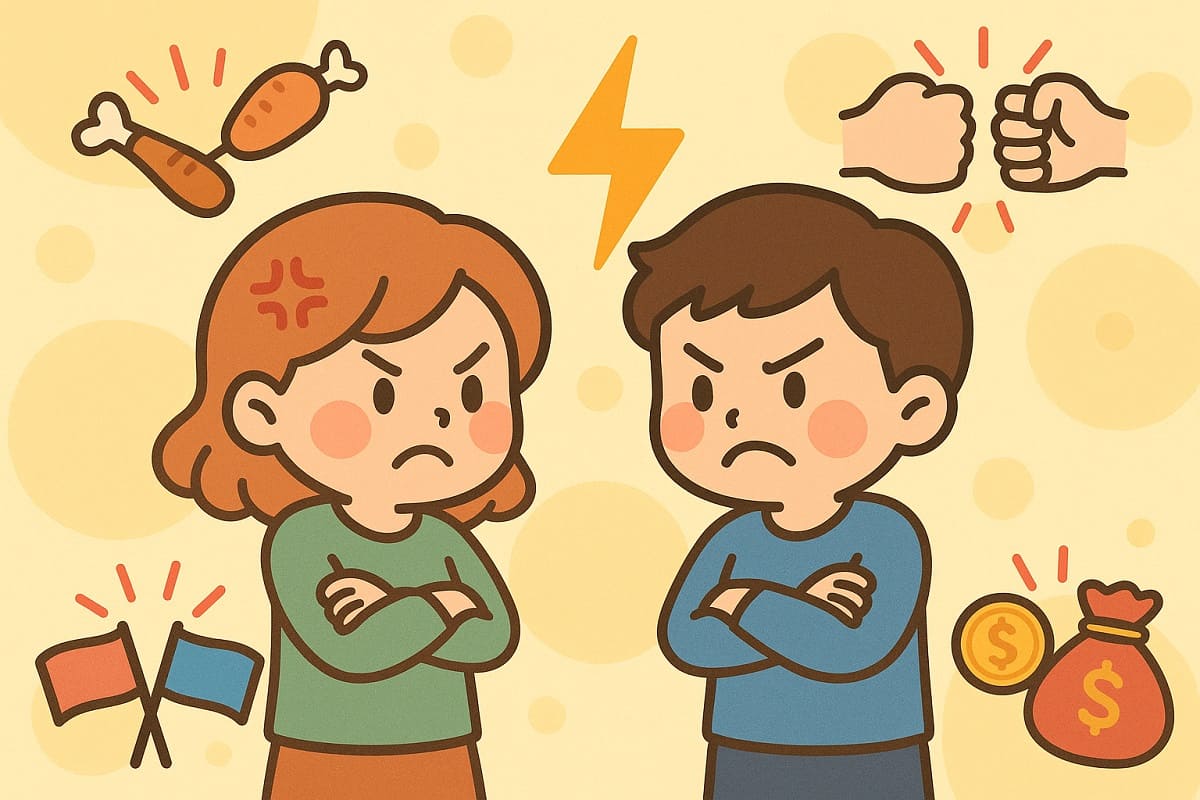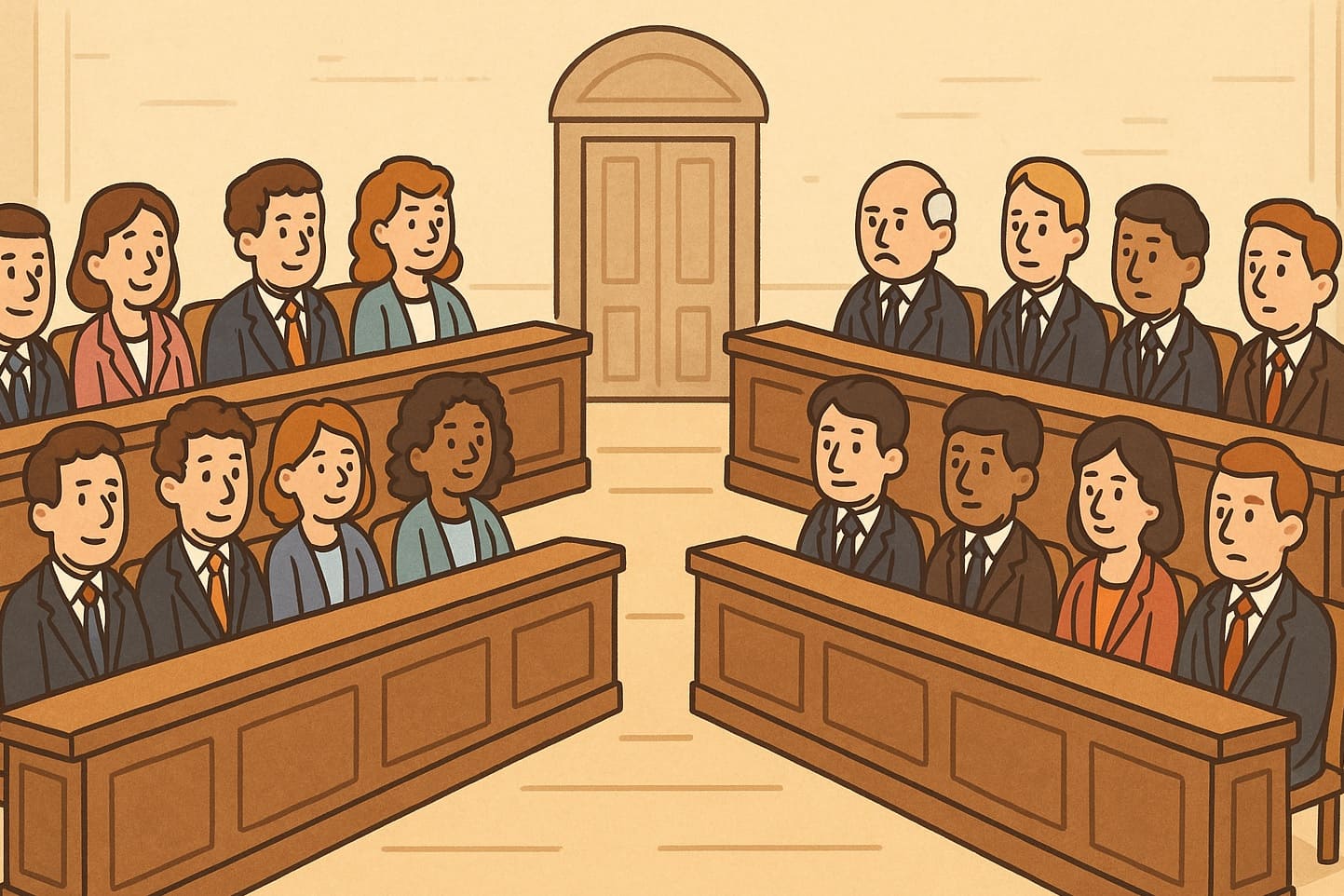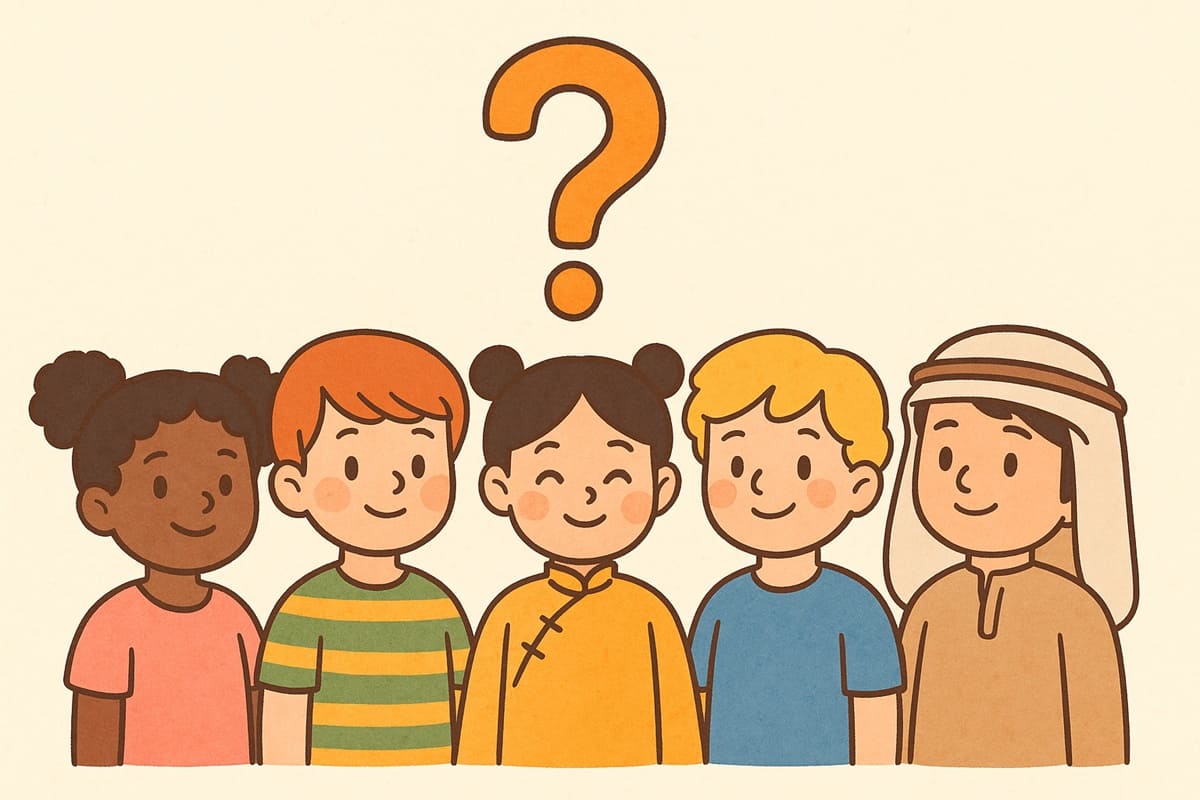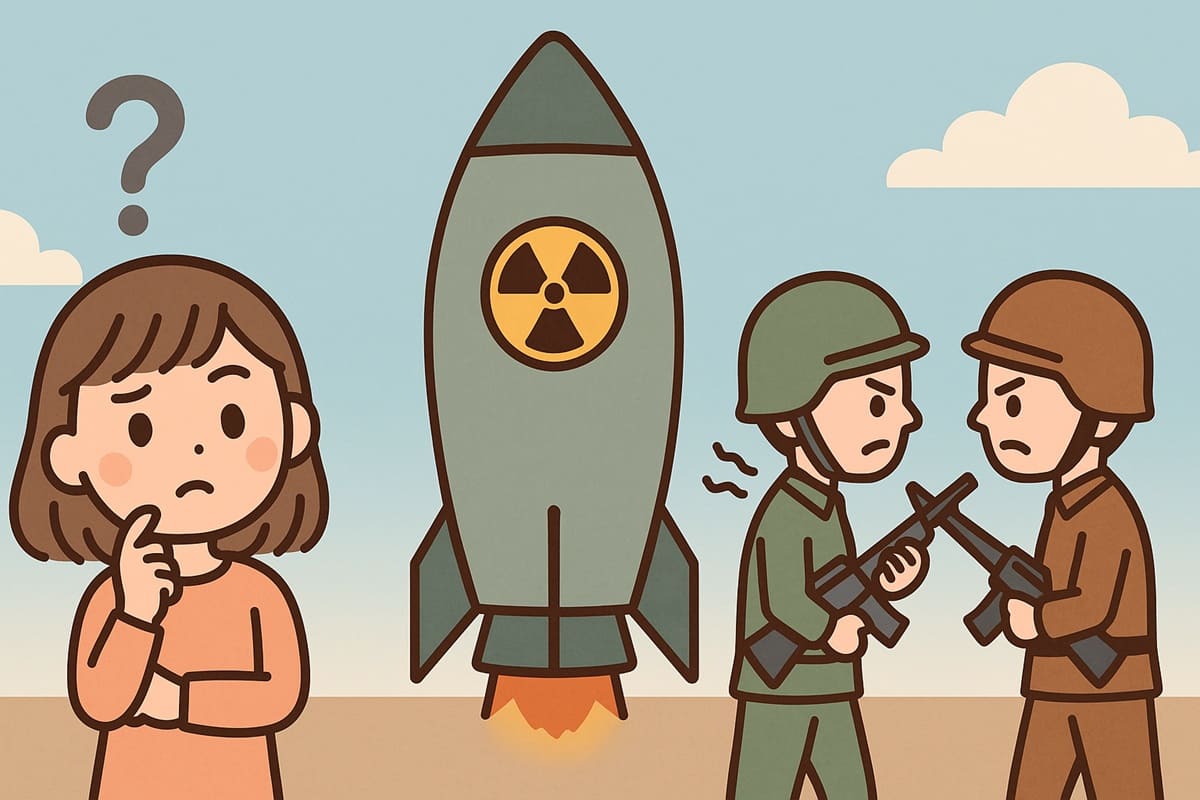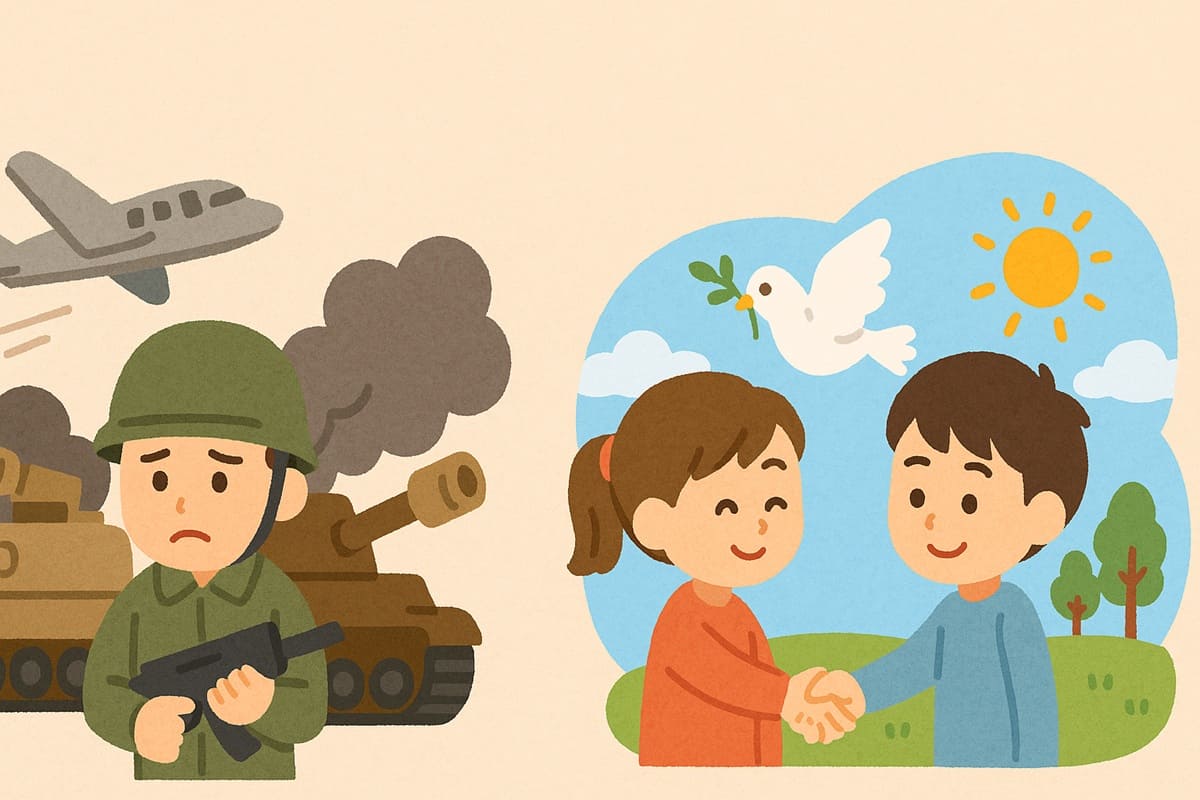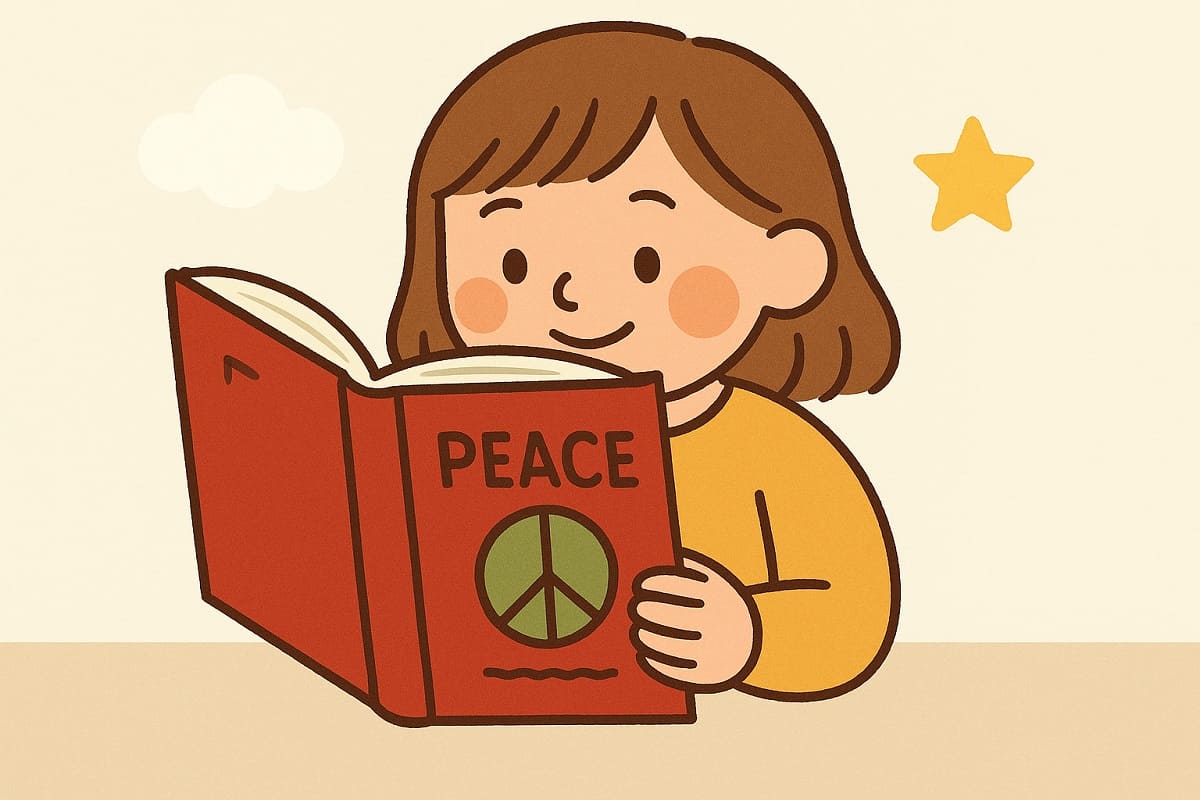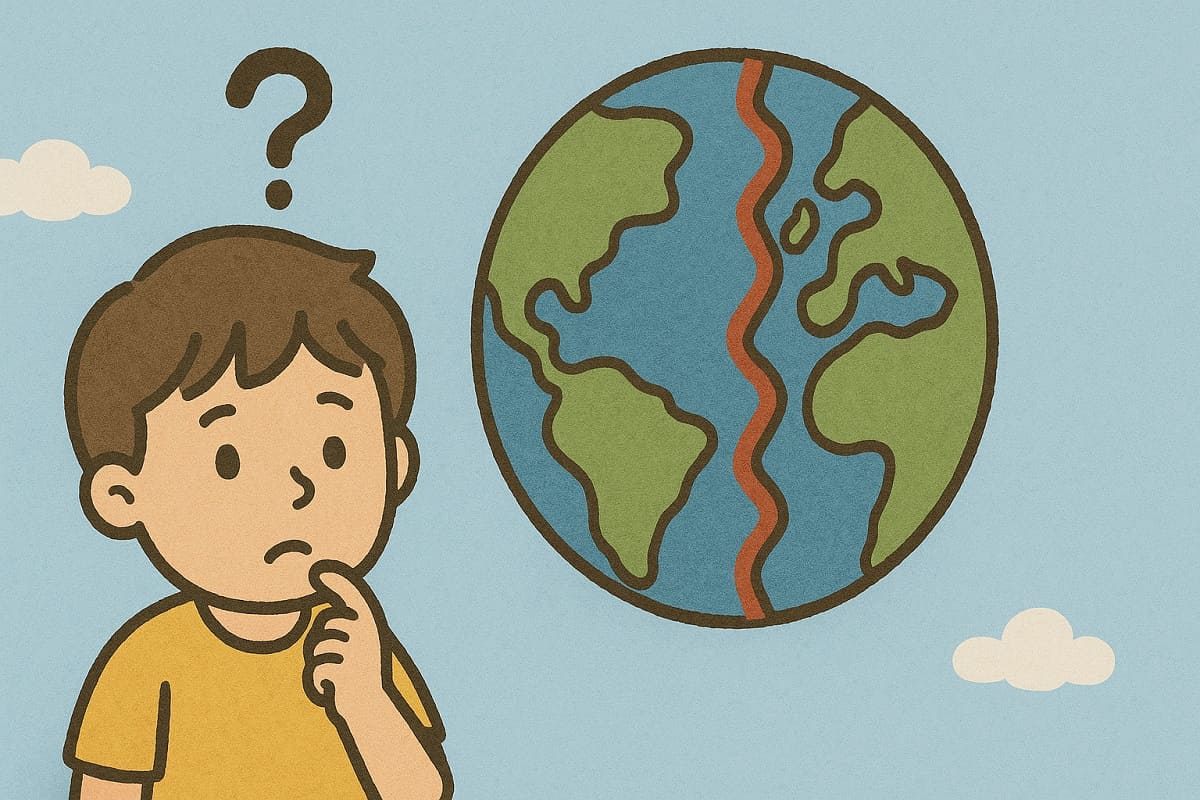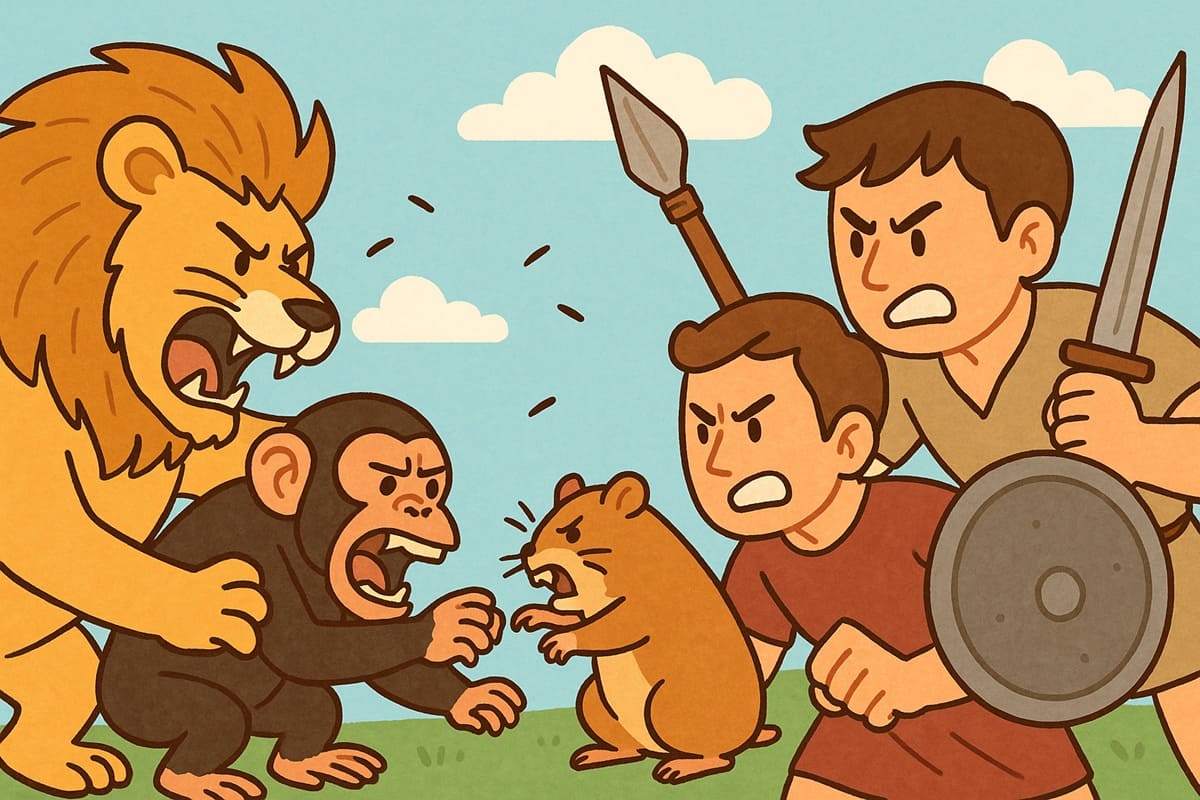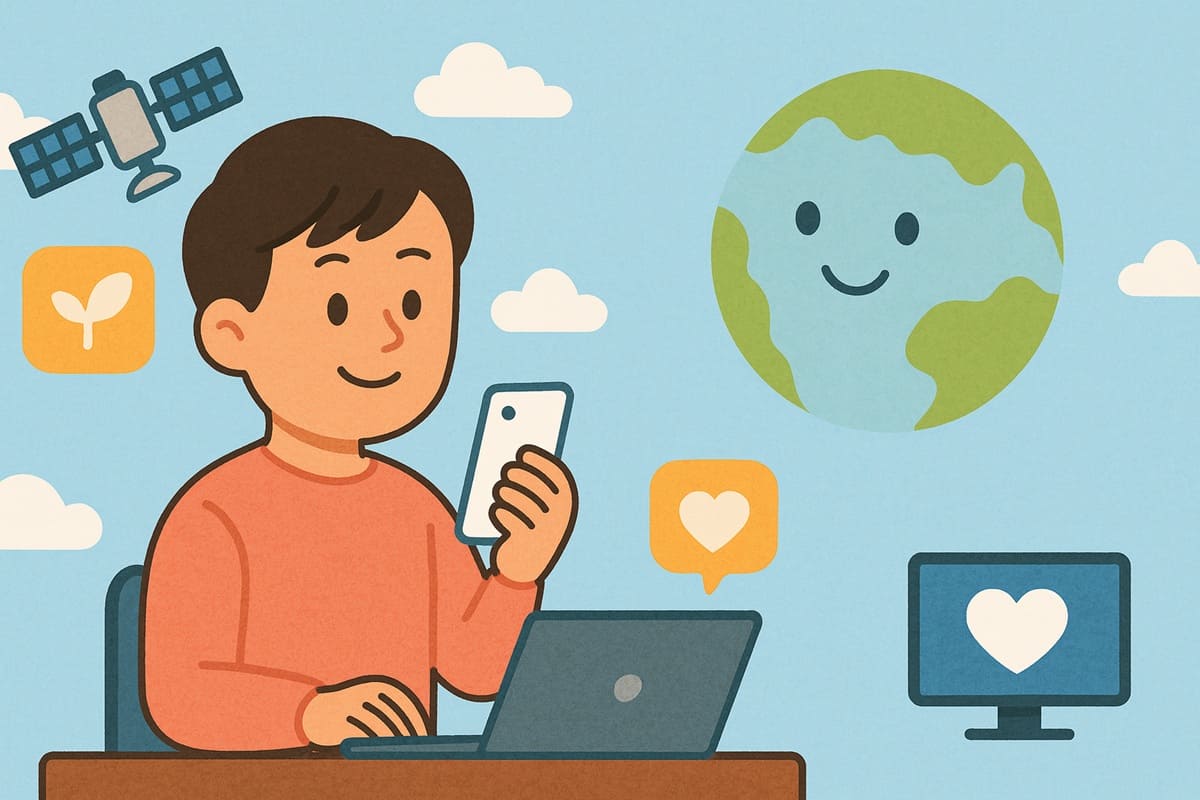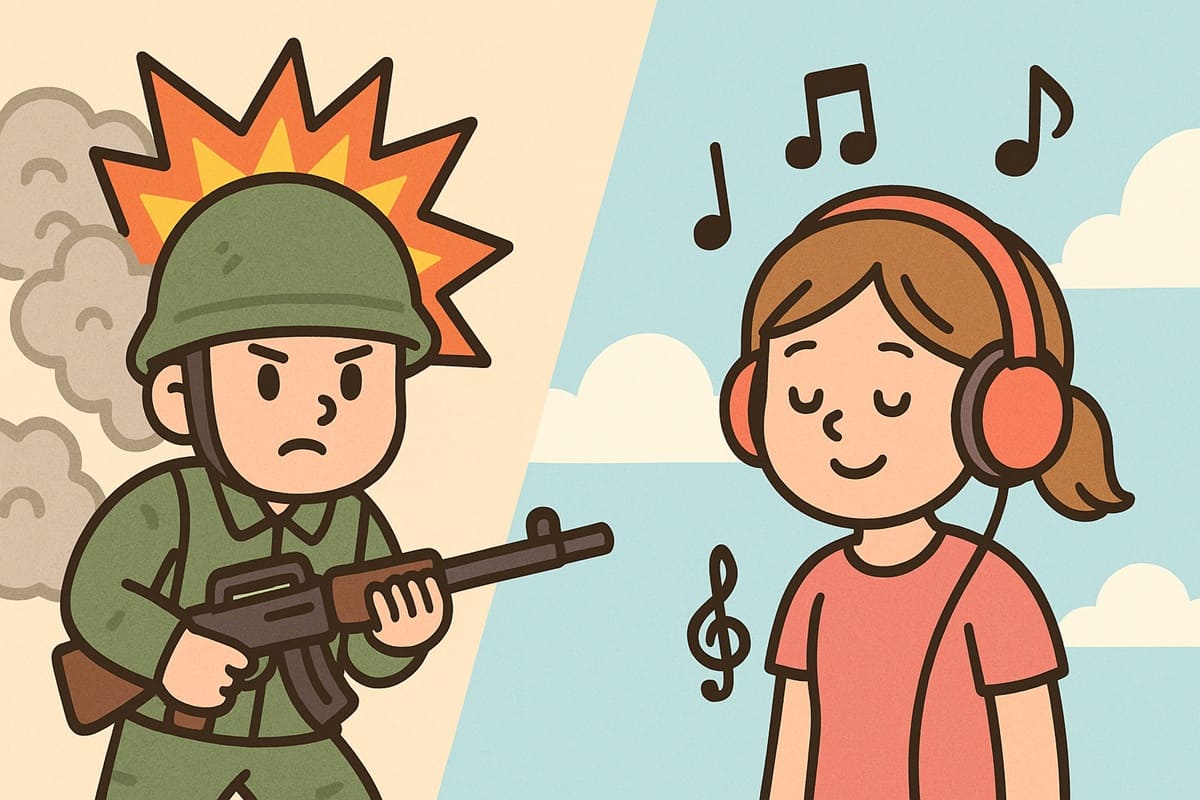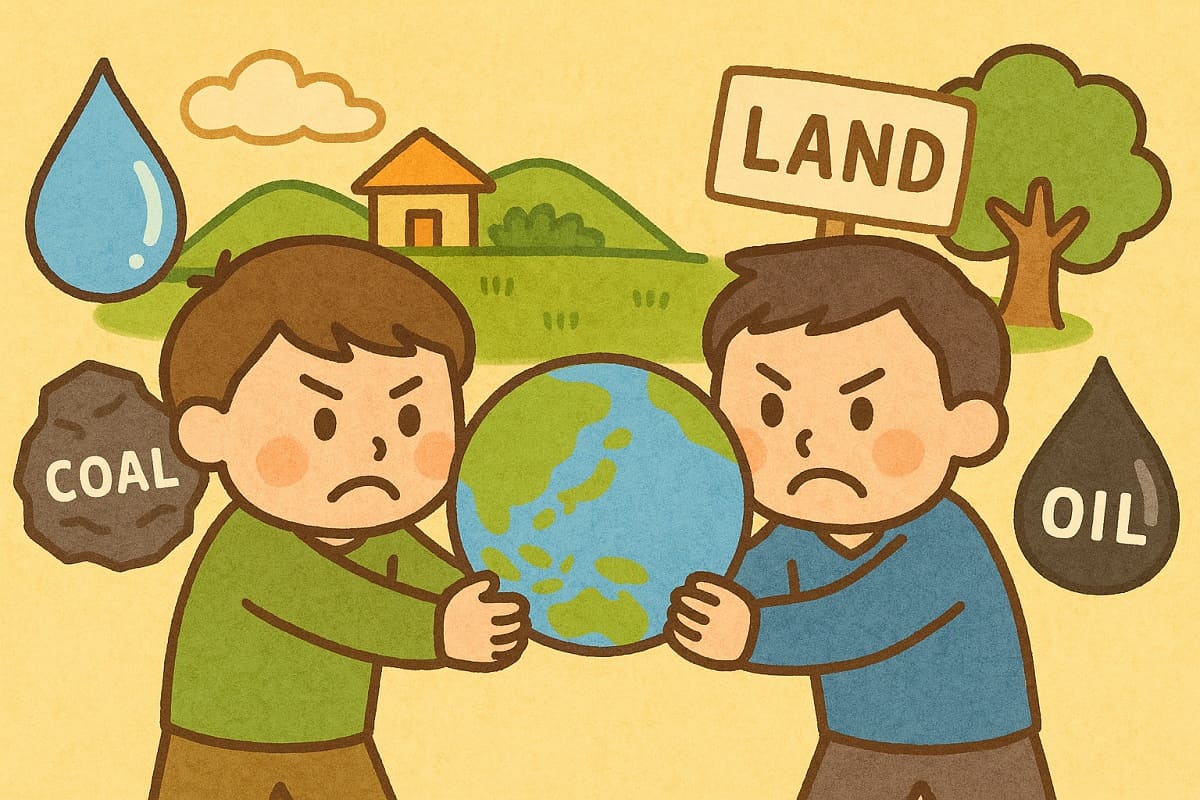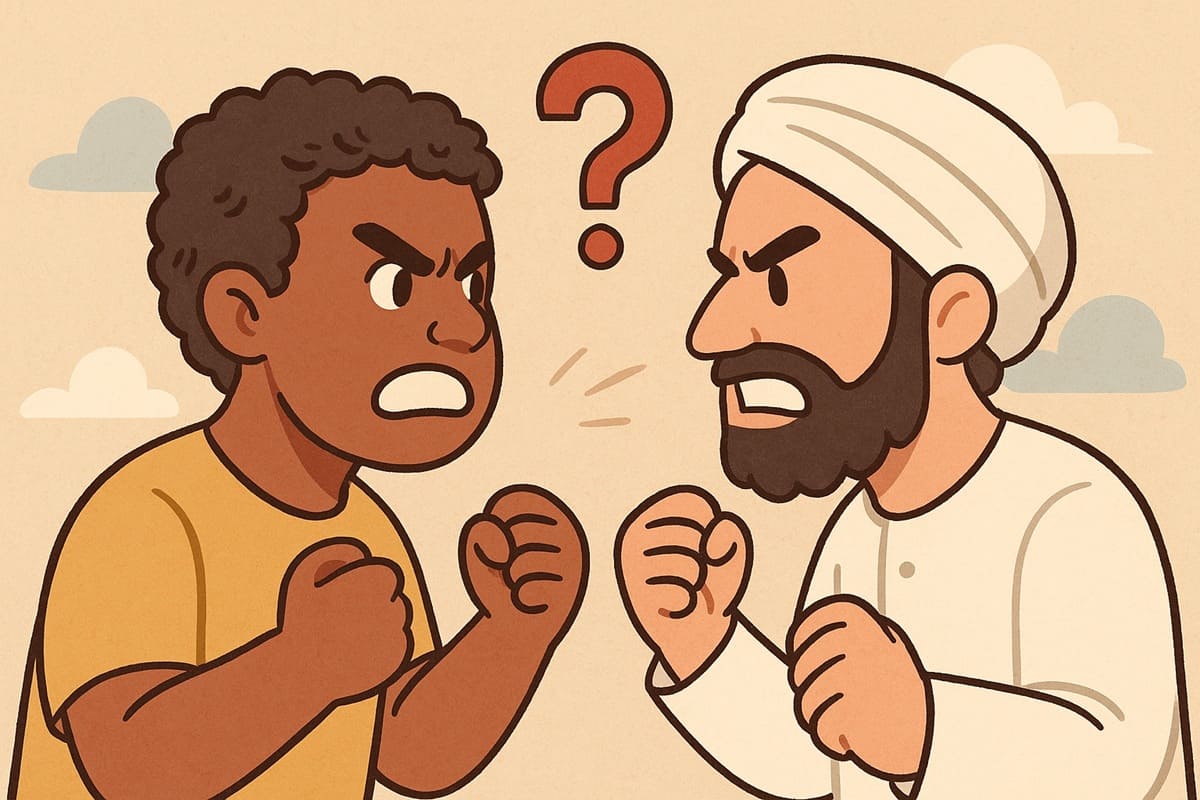What Does It Mean to Become an Adult? It Means Accepting Your Own Weaknesses
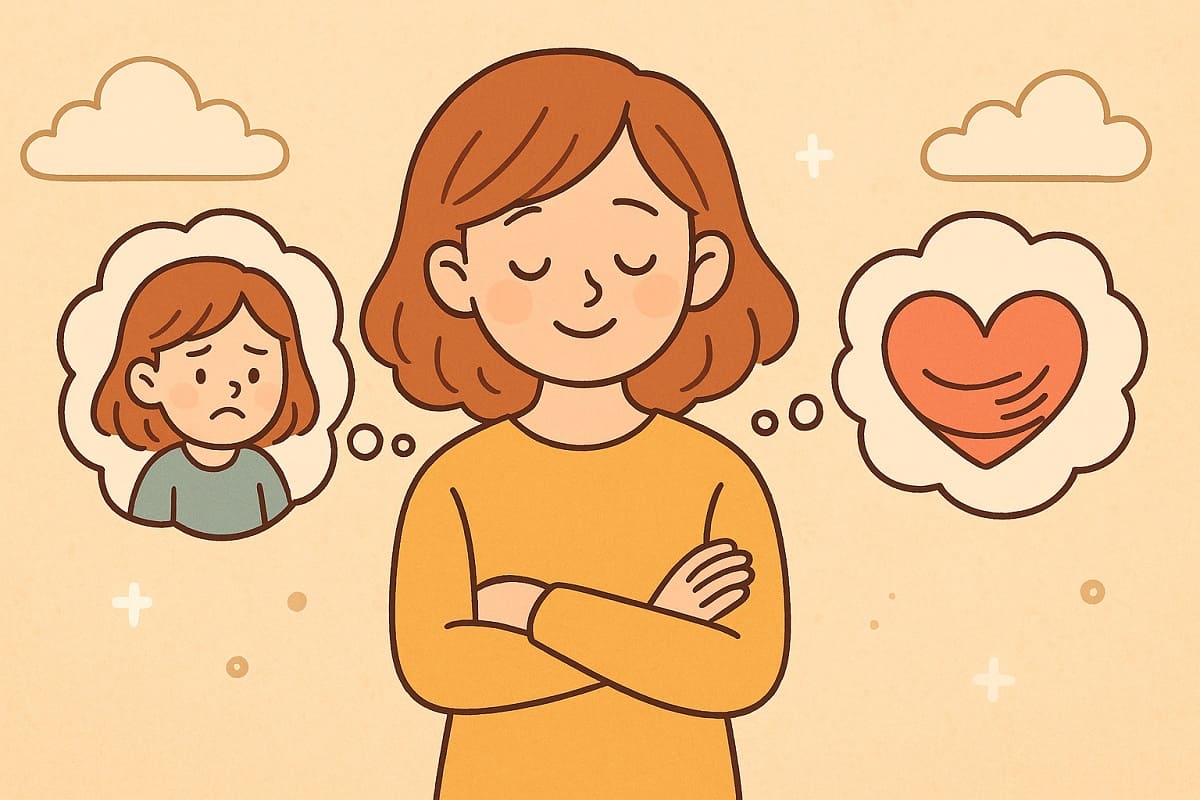
What do you think it means to “become an adult”?
As children, many of us imagined that becoming an adult meant becoming more reliable, composed, and strong.
But what happens when we actually grow up?
We still feel anxious, get irritated, and sometimes make the wrong choices. You may realize that the “perfect adult” you once imagined as a child doesn’t quite exist.
In this article, let’s explore the question, “What does it mean to become an adult?” by looking at ideas from psychology and philosophy.
Does the “Ideal Adult” You Imagined as a Child Really Exist?
When we were little, we might have believed that adults could do anything. They didn’t make mistakes, stayed calm, and always made the right decisions.
But in reality, even adults struggle, worry, and feel down. A psychological study shows that even in adulthood, we still carry parts of our “child-like mind” — impulsive feelings and emotions that occasionally surface.
In other words, no one becomes a perfect person just by growing up — and we don’t have to.
Becoming an Adult Means Facing Your Weaknesses
So, what does it really mean to grow up?
One possible answer is: facing your own weaknesses and shortcomings.
Maybe you feel inferior about your personality or appearance, or you struggle with things others seem to handle easily. Rather than ignoring or blaming someone else, being an adult means recognizing and accepting those parts of yourself — saying, “This is my weakness.”
It takes courage, but it’s a crucial first step.
In psychology, it’s shown that people who accept their weaknesses are more emotionally stable and better at handling stress.
Continuing to Face Your Weaknesses Is What Growth Really Means
When we think of “growth,” we often imagine getting better at something or leveling up. But perhaps more important is the process of facing your own weaknesses and gradually trying to change.
Even as adults, we still experience failure and anxiety. But real growth lies in the repeated process of understanding our limits, facing our weaknesses, and moving forward — one step at a time.
Recent neuroscience has shown that the brain continues to change even in adulthood. In other words, people can change at any age.
Accepting Weakness Brings Peace of Mind
When we start to accept our weaknesses, something surprising happens: we feel calmer.
For example, thinking things like “It’s okay to fail” or “I can’t do everything” helps to ease anxiety and tension.
Psychological research shows that accepting ourselves — admitting that we have flaws — actually reduces the activity in the amygdala, the part of the brain that causes anxiety.
So, being kind to yourself can help bring peace of mind.
When You Become Kind to Yourself, You Become Kind to Others
Another important thing to remember is this: when you accept your own weaknesses, you become more understanding of others, too.
When you admit you’re not perfect, it’s easier to say “I understand” or “That happens to everyone” when someone else makes a mistake. On the other hand, people who try too hard to seem perfect often become harsh toward others.
Becoming an adult also means understanding that “I’m imperfect — and so is everyone else,” and becoming more tolerant and compassionate.
People Who Are Proud and Harsh Toward Others May Still Be Immature
People who are confident and strict with others may seem mature on the surface. But psychology suggests that this may actually be a sign of emotional immaturity.
Truly mature people are confident in themselves, which is exactly why they don’t judge others harshly.
In fact, because they’ve accepted their own weaknesses, they can also empathize with the weaknesses of others.
Conclusion: What Does It Mean to Become an Adult?
Becoming an adult isn’t just about growing older.
It’s about having the strength to recognize and accept your own weaknesses — and still move forward.
It’s about becoming kind to yourself, and through that, becoming kind to others.
It’s not about becoming perfect, but about gaining the strength to live alongside your imperfections.
And that’s why the journey of “becoming an adult” may never truly end.
Main References
Brené, B. (2012). Daring Greatly: How the Courage to Be Vulnerable Transforms the Way We Live, Love, Parent, and Lead. Gotham Books.
Neff, K. D., & Germer, C. K. (2013). A pilot study and randomized controlled trial of the mindful self‐compassion program. Journal of Clinical Psychology, 69(1), 28–44.
Siegel, D. J. (2012). The Developing Mind: How Relationships and the Brain Interact to Shape Who We Are. Guilford Press.
Beaumont, E., et al. (2016). The role of self‐compassion in the wellbeing of counselling psychologists. The Humanistic Psychologist, 44(2), 95–108.
Gilbert, P. (2010). Compassion Focused Therapy: The CBT Distinctive Features Series. Routledge.
